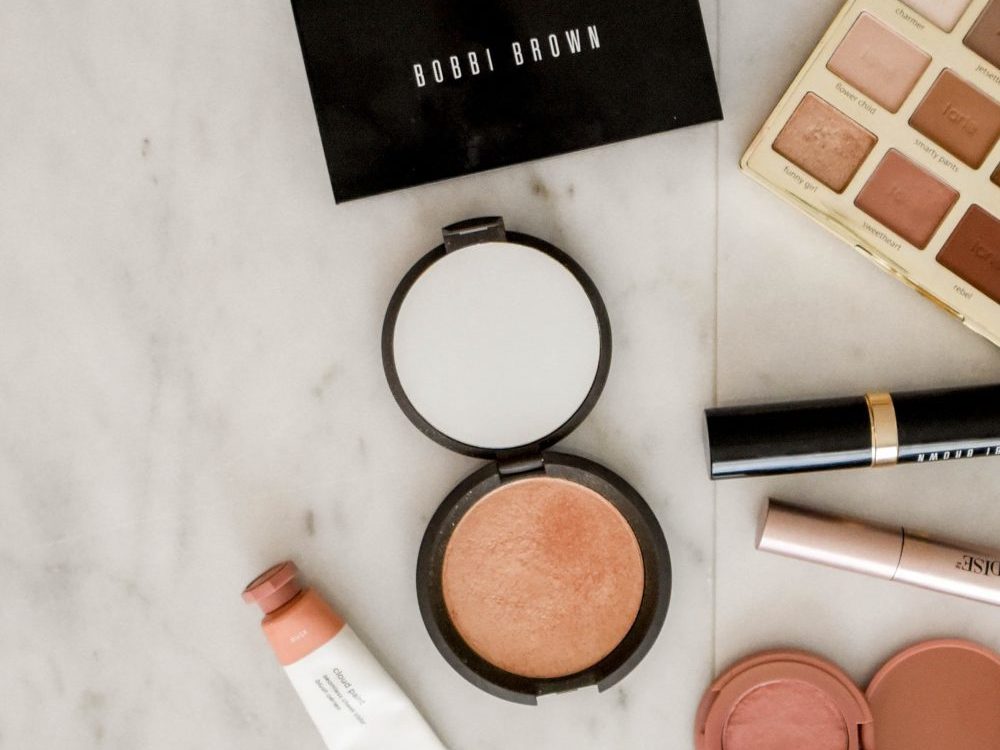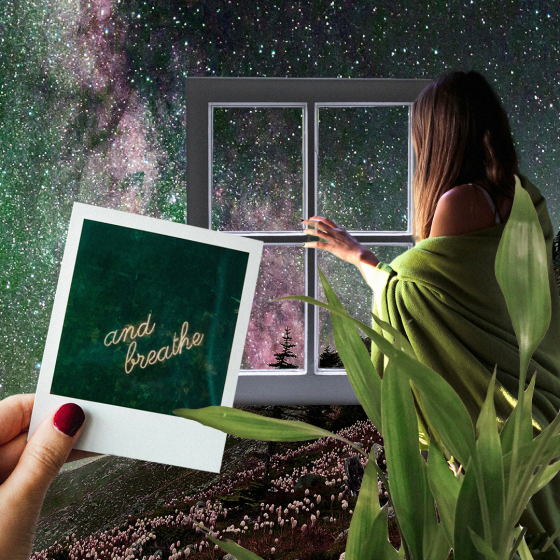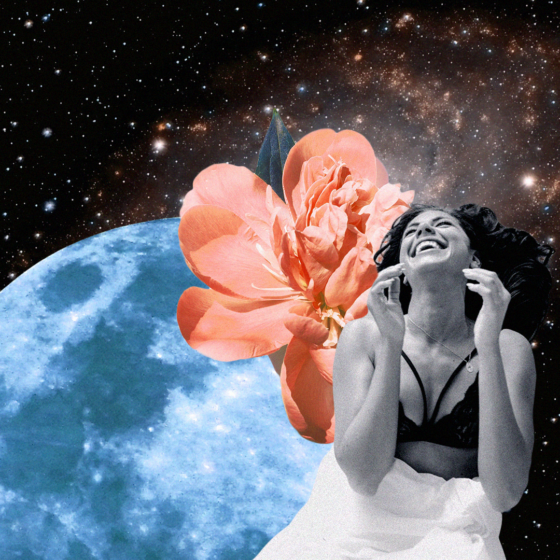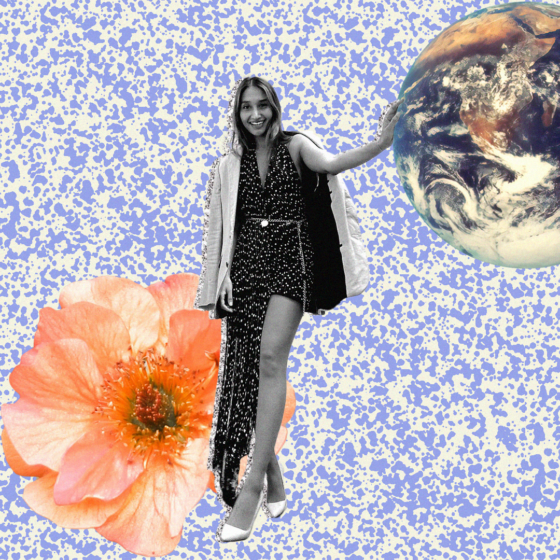If you have even a passing interest in the beauty industry, you’ll likely have noticed a new and increasingly popular trend. In fact, it’s really something that’s becoming more prevalent amongst all consumer goods. Trying to be more “ethical,” “sustainable,” and (vaguest of all) “green” has never been so popular.
In many ways, you’d be hard-pressed to deny this move to a more hippy-dippy sensibility is a good thing. Including more models of different body types, or taking out ingredients known to harm human bodies or planet earth seems hard to argue with. You just have to look at what’s happening to microbeads (microplastics found in face scrubs which pollute the water system after being rinsed down the drain) to feel happy that the beauty industry is actually moving in the right direction.
But while it seems a shame to try to find the negatives in progressive, positive movements, it’s also important to be critical. Blindly accepting that things are getting better is a sure-fire way to guarantee things will get worse.
And, I believe there’s something we’re not addressing the beauty industry’s relationship to ethical practices.
That problem is that the beauty industry is, first and foremost, a business. Like all businesses, it will always have to put bottom line first. Making money is its top priority – and, if we’re being totally honest, it’s also probably its only priority. The reason more “ethical” practices have become prevalent? Because these types of ideology are trendy, popular, and eminently marketable.
Don’t get it twisted – brands being “ethical” isn’t out of any care or compassion. If an “ethical” appearance helps a brand to sell more, then they’ll do it. If the trend was for wastefulness, fossil fuel burning, and climate change denial, don’t think for a moment that beauty brands wouldn’t take an immediate one-eighty and start marketing their products in a completely different way.
Or, to put it another way: don’t mistake the fact big brands know “caring” is popular for them actually caring.
Let’s talk business. In order to succeed, beauty brands need to make us buy stuff. Sounds simple enough, right? But there’s an inherent problem with the beauty industry. They can’t force us to make one pricey investment and then leave us alone. Buying beauty isn’t like buying a sofa.
Because the beauty industry isn’t selling us particularly expensive things. Ok, yes, there are hundred-pound lipsticks and four hundred pound anti ageing serums. But think of these investments in comparison to actual investments, like tech items or cars. After you’ve bought your laptop, you’re unlikely to immediately return to the market in order to add another to your “collection.”
But in beauty, we can’t just buy one thing and opt-out until it’s obsolete, broken, or finished. In order for the industry to survive, we need to keep buying little bits and bobs, all the time.
Think about how beauty is sold and consumed. It’s a near-constant purchasing cycle. Picking up a new lipstick here and there is seen as a mood booster – and using it just once or twice isn’t frowned upon. When’s the last time you finished a skincare product. What about a makeup product? Allowing our beauty products collections to grow and throwing away products used once then left to fester seems almost a part of the cultural norm.
We just don’t buy beauty products in the same way we buy anything else. We don’t think too hard, weigh up options, then make what we believe is an informed choice that we’ll be happy with. Beauty shopping is far more whimsical. You toss something in your basket with very little thought about that item’s eventual future. Unlike “responsible” shopping, beauty shopping is just “fun.”
But what makes it fun, is also what makes it dangerous – and what makes it inherently unsustainable and therefore unethical.
The problem is, the industry can’t be changed by individuals. While we like to think the customer is in the position of power in capitalism, advertising is there to tempt us. We have to fight off the urge to buy beauty on all sides at all times. It shouldn’t (nor can it be, at least totally) our responsibility to change the industry we partake in.
Even worse, I don’t know what the solution is. Yes – me! A twenty-six-year-old idiot who has enough makeup to last literally several lifetimes. Because the world is hard, and for those of us with a particular type of brain, buying beauty products make things better. Trying to resist that when … well, just look around, is sometimes seemingly impossible. Why try to deny pleasure in a world which seems like it’s literally about to end?
And what’s the beauty industry to do? In order to prevent the mass amount of waste they create (because, let’s face it, “second hand” doesn’t really work when it comes to beauty products) they would need to stop trying to make us buy stuff. Even an economics dunce like me can see that this is not a lucrative business model.
But what I would like to see is at least some level of acknowledgement of what’s going on. Greenwashing is sometimes, to me, more pernicious than brands that don’t even make an attempt on the moral high ground. Because if we’re being totally honest with ourselves, there is no guilt-free beauty buy.
After all, there is no ethical consumption under capitalism.









